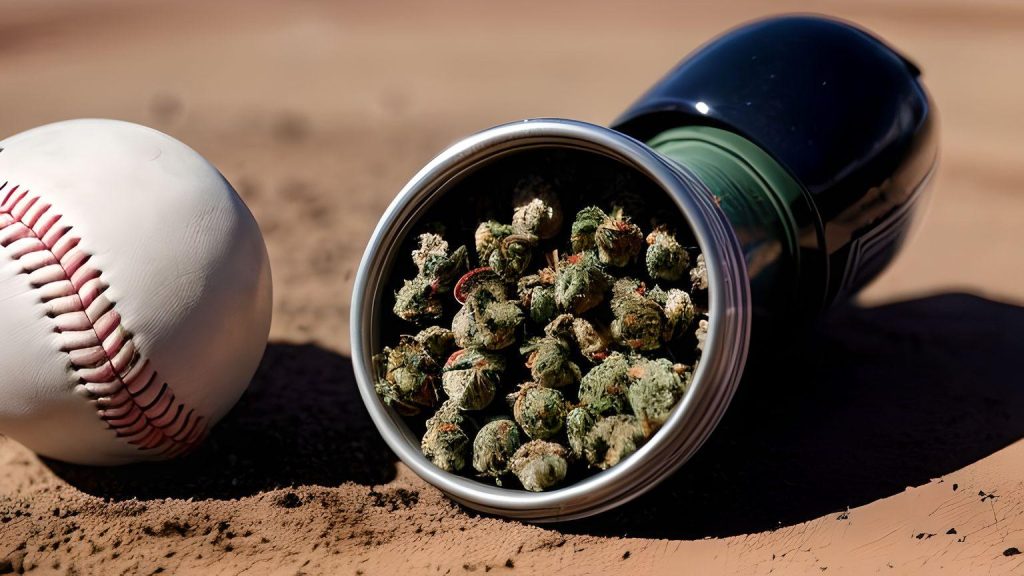
Major League Baseball (MLB), like many professional sports leagues, has a comprehensive drug policy in place to ensure fair competition and promote the overall health and well-being of its athletes. This drug policy includes a rigorous drug screening program designed to detect the use of banned substances, including marijuana. However, recent changes in attitudes towards cannabis and evolving state laws have prompted discussions and adjustments to MLB’s stance on marijuana testing.
Drug screening is a common practice in various league sports, and MLB is no exception. The league aims to maintain a level playing field by implementing a comprehensive screening program that covers a wide range of substances. While MLB has traditionally included marijuana in its list of banned substances, there have been significant developments in recent years regarding the league’s approach to cannabis.
In December 2019, MLB removed marijuana from its list of drugs of abuse and shifted its focus towards opioids and cocaine. This change represented a more lenient stance on cannabis use among players, recognizing that marijuana carries a lower risk of harm compared to other substances. However, it’s important to note that MLB still prohibits the use of marijuana during games or while representing the league.
As the landscape of marijuana legislation continues to evolve, professional sports leagues like MLB are adapting their policies to reflect changing societal attitudes towards cannabis. Players and fans alike must stay informed about the latest developments in drug policies and understand the implications surrounding the use of marijuana in professional sports.
Does MLB Test for Weed? Understanding MLB’s Drug Testing Policy and Screening Program
When implementing a drug testing program, organizations must consider their specific needs and objectives. This includes determining the appropriate testing options based on accuracy, cost, and legal requirements. The goal is to balance effective screening and efficient resource utilization.
A comprehensive drug screening policy should outline the procedures, consequences for positive tests, and any considerations for medical marijuana use or other legitimate reasons for positive results. Clear communication of the policy and educating employees about the program’s purpose and procedures are crucial for promoting understanding and compliance.
As marijuana laws evolve, organizations must stay informed about changes in legislation that may impact drug testing policies. It is essential to regularly review and update the program to ensure it remains in line with legal requirements and industry best practices.
Implementing an effective drug testing program involves thoughtful planning, consideration of testing options, clear communication, and ongoing evaluation. By establishing a comprehensive drug screening policy, organizations can promote a safe and productive workplace environment.
National Football League (NFL)
In the NFL, players are subject to regular and comprehensive drug testing, which includes screenings for marijuana. The league imposes strict penalties for positive tests, and repeated violations can lead to suspension or even expulsion from the institution.
National Basketball Association (NBA)
The NBA also conducts drug testing, including screenings for marijuana, as part of its anti-doping program. Similar to the NFL, players who test positive for prohibited substances, including marijuana, may face disciplinary action.
Athletes must stay informed about the drug testing policies of their respective leagues to ensure compliance and avoid any potential penalties.
Conclusion
As society’s view on marijuana shifts, so too does Major League Baseball’s stance on drug testing. Recognizing the potential benefits of marijuana for pain management and mental health, the MLB is adapting its policies to reflect these changes. This evolution signifies a broader trend in sports towards a more nuanced understanding of substance use and player wellness. However, it also raises new questions about the future of drug regulation in sports. As the landscape continues to evolve, the MLB’s approach will undoubtedly serve as a precedent for other sports organizations worldwide.


